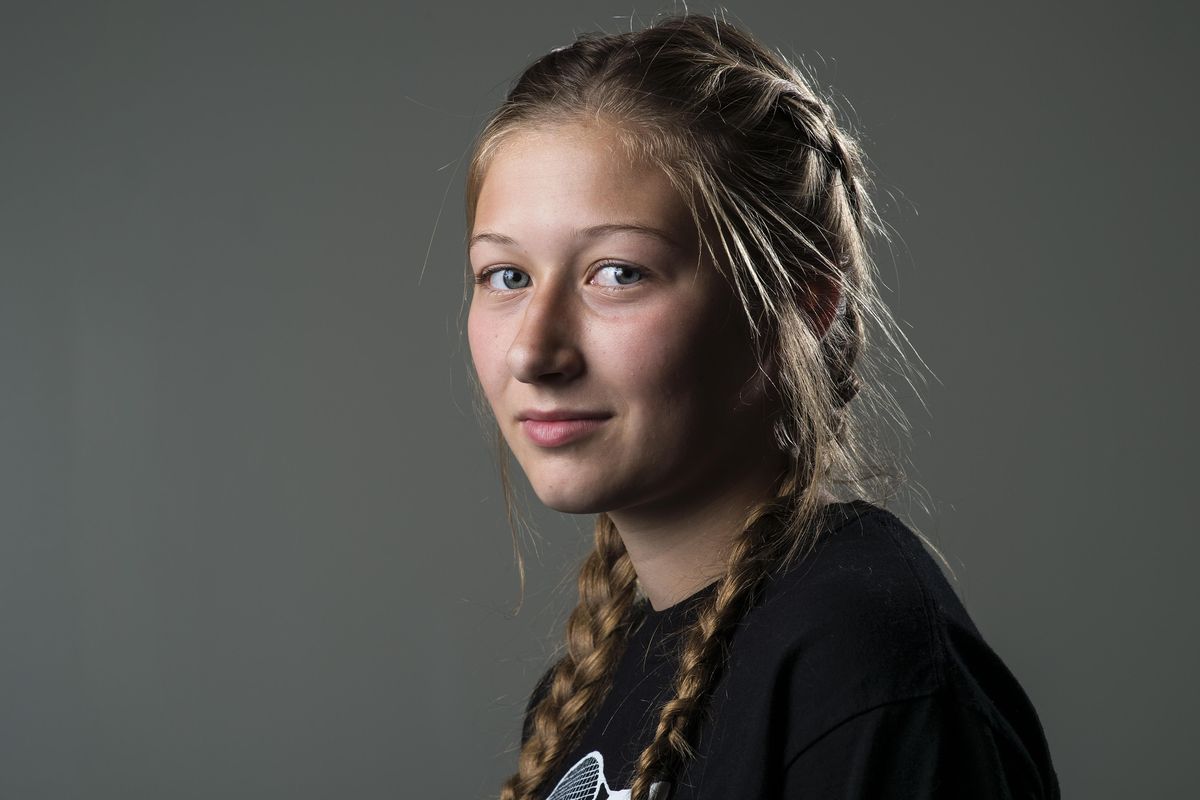High school students have never known a world before 9/11

Fifteen years ago, millions of Americans watched in horror as two Boeing 767 passenger jets hijacked by al-Qaida extremists crashed into the World Trade Center in Manhattan, eventually sending a mountain of rubble, debris and bodies to the ground.
Another jet crashed into the Pentagon in Washington, D.C., destroying the western façade of the building and killing hundreds. The last of the four planes to crash that morning flew into a Pennsylvania field after passengers revolted against the hijackers, sending the plane plummeting at over 500 mph.
Nearly 3,000 people died, and Sept. 11, 2001 – colloquially called 9/11 – became known as the worst terrorist attack on U.S. soil.
But in the years that followed, many more Americans would die in wars in the Middle East that began just a few weeks after the dust had settled. America invaded Afghanistan in 2001 and Iraq in 2003 – spurred both by patriotism and a fear of terrorism born from the ashes of 9/11.
Freedoms were lost across the country as Americans traded rights for protection.
The Transportation Security Administration began screening people before they could board a plane. The Patriot Act was signed into law, allowing government agencies broad latitude in surveillance and other activities designed to “intercept and obstruct terrorism.” The Department of Homeland Security was formed, and its budget ballooned from about $19 billion in 2002 to $41.2 billion in 2016.
Most teenagers in high school today weren’t able to walk on Sept. 11, 2001. Some couldn’t talk. Others weren’t even born. They didn’t (or couldn’t) understand what was happening then. But now, 15 years removed, they’re learning the world they live in was once much different.
And teenagers in Spokane are no different. For the most part, they haven’t lived in a country not in conflict overseas. They haven’t lived in a country that’s not spying on its citizens. They haven’t lived in a country that doesn’t talk about 9/11 every September.
To them, the day the towers fell can feel as far removed as Pearl Harbor is to baby boomers, or Vietnam is to millennials. At times, it may seem to them like just another history lesson that has little bearing on the world they’re living in.
High schoolers from East Valley, Medical Lake and Ferris high schools share what 9/11 means to them, and how the date has shaped their lives.